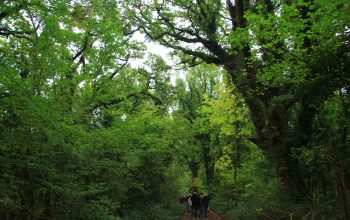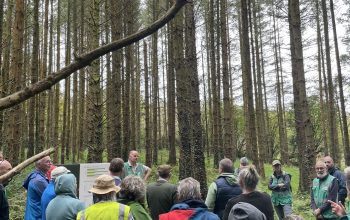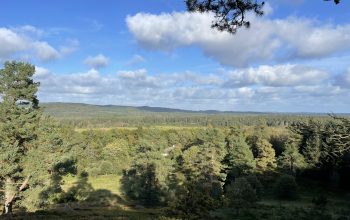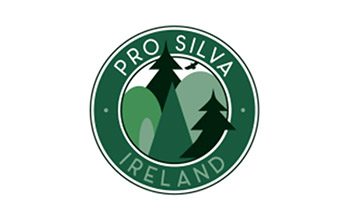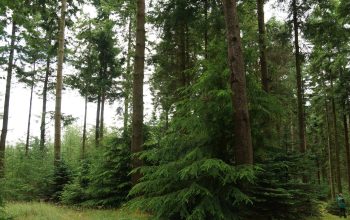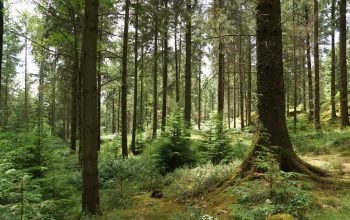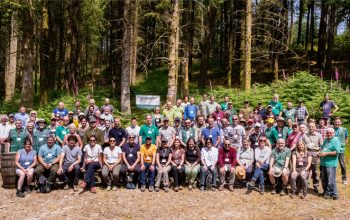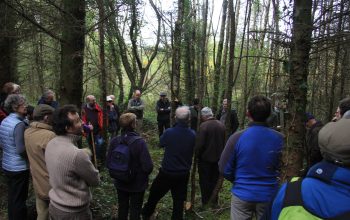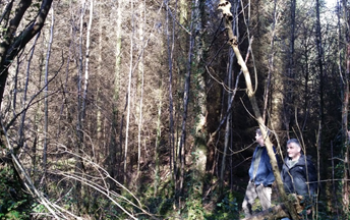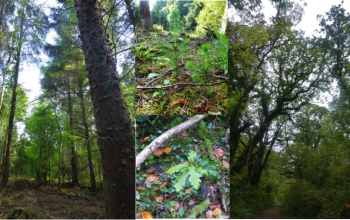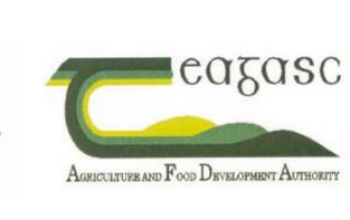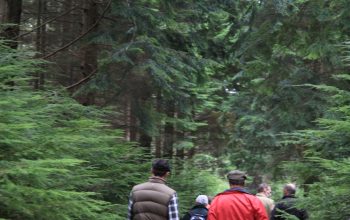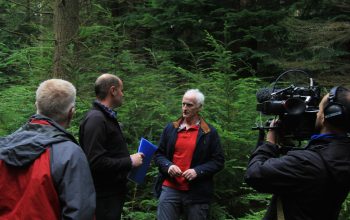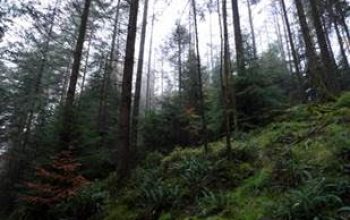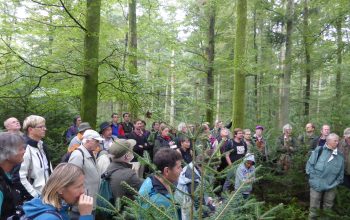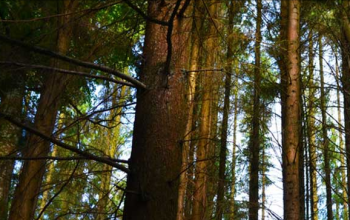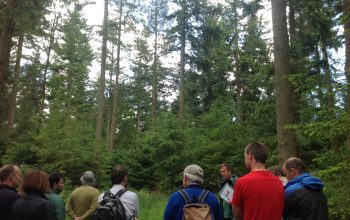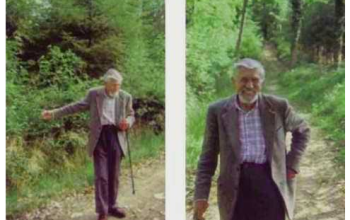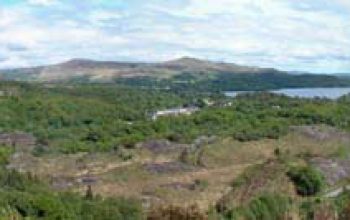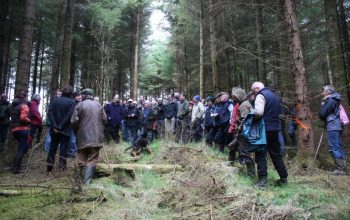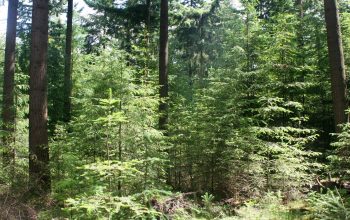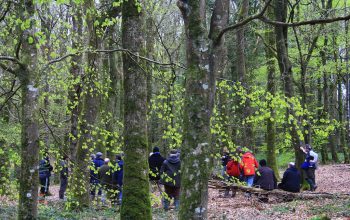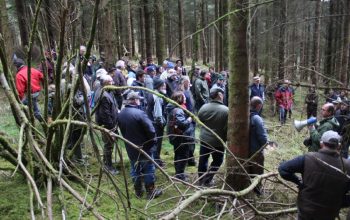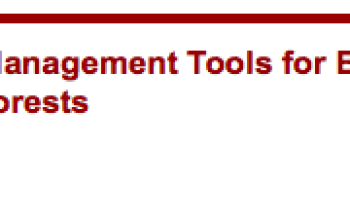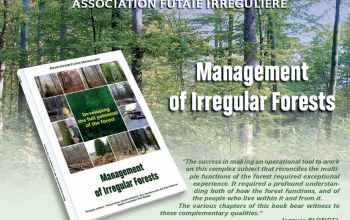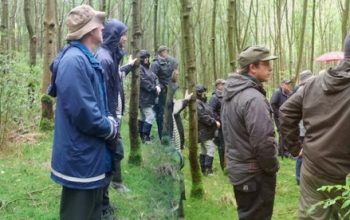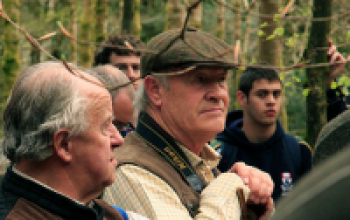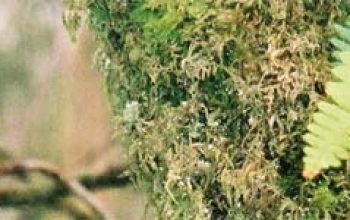
Pro Silva Ireland’s autumn field day at Springfield Castle Estate, Co. Limerick, demonstrated the importance of well-timed interventions for the production of quality broadleaf timber through continuous cover management.
Some 70 participants visited the estate at Broadford in the Golden Vale, which features 21.9ha of primarily broadleaf high forest of mixed species. A 12-year transformation plan had been initiated to transform parts of the even-aged forest to an irregular forest structure under CCF management for commercial timber production, as well as non-timber environmental and social benefits. The focus of the field day was on 1st and 2nd thinning interventions in the broadleaf forest, parameters for the selection of quality trees and the marking of trees to be removed in thinning.
The first stop was in a Beech/Scots pine mixed woodland post 1st thin in 2017. Pro Silva/CCF principles were introduced and the importance of early intervention in thinning broadleaves, with selection and freeing up of best quality trees (Q trees), was explained.
Subsequent stops were in similar woodlands that had received a second thinning in 2020 where the Q tree selection was obvious. The emergence of natural regeneration of a range of different species at this early stage was evident and there was discussion on Basal Area (BA) and light management in managing a forest under CCF. The 4th stop was a pure Sycamore woodland which had received a second thinning and which contained “A” quality Sycamore trees. The future potential value of these was discussed as well as the underplanting of Douglas Fir to add to forest resilience through a diversification of commercial timber species.
The morning route include a stop at an Ash woodland that had received a third thinning but where the presence of Ash Dieback was becoming very evident in the crop. Discussion ranged on the application of the Ash Dieback Reconstitution and Underplanting Scheme, capturing the best value from the present crop and the species to be replanted.
In the afternoon the focus was Oak woodlands and Oak/Scots Pine woodlands. The first stop was a pure Oak unthinned woodland where the discussion focussed on selection of Q trees, the classification into A, B and C categories and the importance of crown assessment and vigour in determining tree quality, along with assessment of the stem. The second stop was a similar unthinned woodland but with Scots pine in an integrated mixture. There was also discussion on the importance of inventory assessment to inform quality categorisation and future management prescriptions. The point of retaining best quality Scot’s pine was made, which could be incorporated in a pruning programme along with selected Q Oak. The final stop was an older Oak/Scots pine woodland that had received second thinning where the quality tree selection was evident. The discussion here centred on the importance of the managing forester doing tree selection, the practicalities in harvesting in first and second thinning in broadleaves and the operational costs and potential revenues from thinning.
Pro Silva are very grateful to Jonathan and Betty Sykes of Springfield Castle Estate for hosting the field day. Pro Silva also thank Padraig O Tuama of CCF Management and Jonathan Spazzi, Teagasc Forest Development Officer for the Kerry and Limerick area, for leading the day.
Photo by Donal O’Hare

